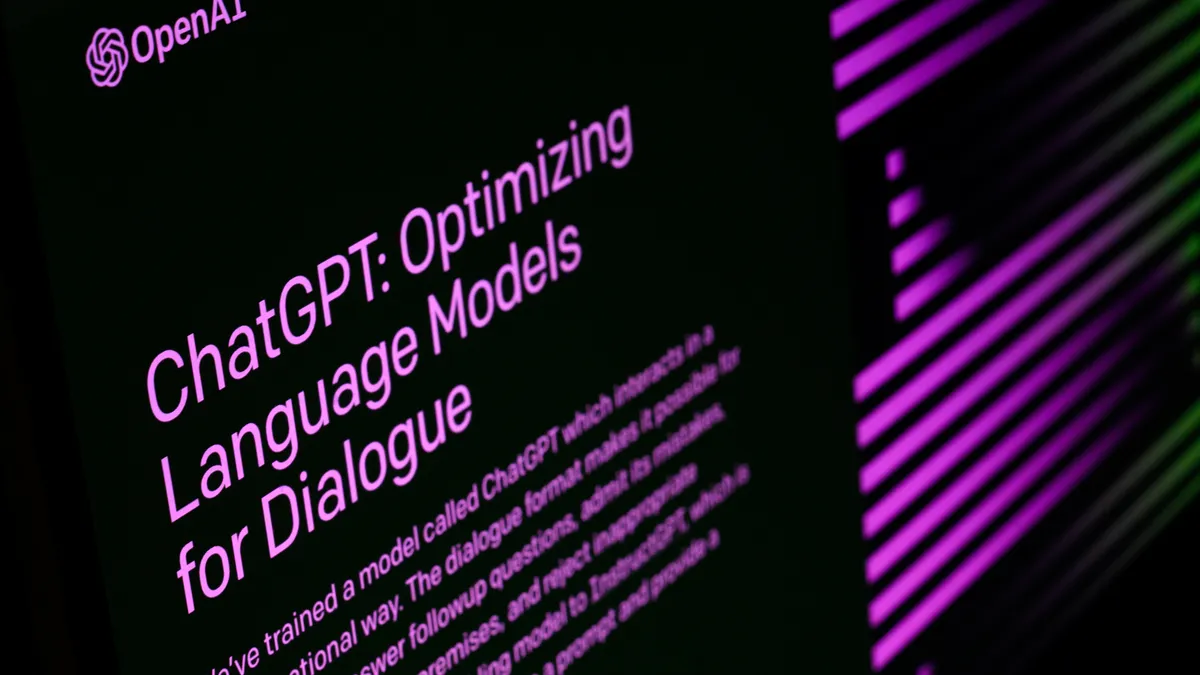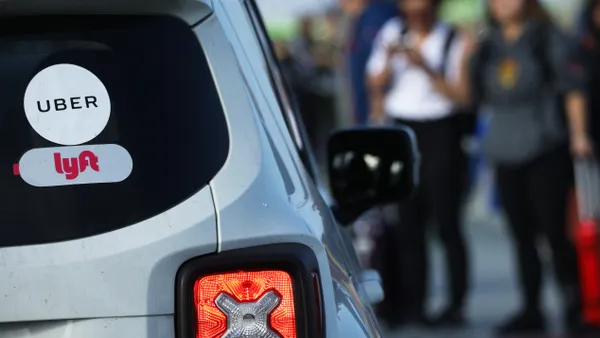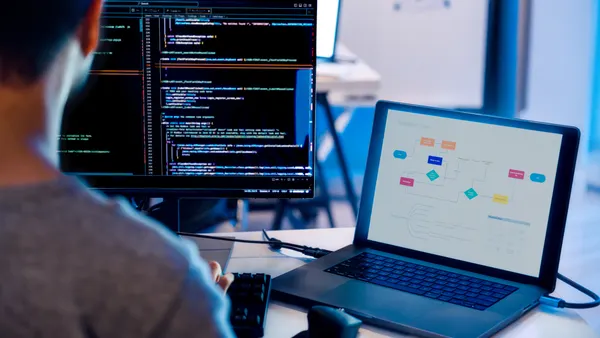As Generation Z workers embrace artificial intelligence tools in the workplace, more than half said they see ChatGPT as a co-worker or even a friend, according to a May 21 report from Resume.org.
Nearly half of Gen Z workers also said they’d rather ask ChatGPT questions than consult their boss, the report found.
“Gen Z entered the workforce at a time when AI tools like ChatGPT were already becoming mainstream,” said Irina Pichura, a career coach with Resume.org. “They see it not as a threat but as a tool that enhances productivity and even offers real-time support throughout the day.”
In a survey of more than 8,600 full-time U.S. workers, 11% said they use ChatGPT regularly, including 21% of Gen Z workers.
More than 80% of ChatGPT users said they turn to the tool for work-related tasks, and 66% said they use it to brainstorm or talk through ideas.
Beyond that, workers said they use ChatGPT for more casual reasons, including personal conversations (37%), games (24%) and a way to appear busy when they don’t have anything to do (14%). About 1 in 5 Gen Z users said they spend at least an hour chatting with or playing games on ChatGPT during the workday.
In personal conversations with ChatGPT, workers said they use the tool for advice on tough decisions, including challenges with co-workers, mental health or emotional struggles and relationship issues outside of work.
While 86% of Gen Z users see ChatGPT as a helpful work tool, they’re more likely than other age groups to describe it as a source of entertainment (36%), a companion (32%) or a therapist (21%).
“Gen Z workers have grown up with instant access to information, so it’s no surprise they turn to AI before turning to a manager,” Pichura said. “For them, ChatGPT offers fast, judgment-free answers, which can feel more efficient and comfortable than approaching a supervisor, especially in remote or high-pressure environments.”
Amid increased feelings of stress and isolation at work, work friends could be the answer to burnout, according to a KPMG leader. Employers can encourage connection through project milestone celebrations, social events and non-work-related activities, KPMG found. AI tools can also be part of the solution — by freeing up time for relationship-building in the workplace through mentoring or coaching.
At the same time, workers appear to be leaning away from making friends at work, according to a Glassdoor poll. Remote work, higher turnover and layoffs have made it harder to make friends, workers said.
Gen Z employees also seem to be more willing to bend the rules to “get the job done,” according to a report from LRN Corp. Generational gaps in ethics and compliance could lead to unique challenges for companies with multi-generational workforces, the report found, including areas such as AI use at work.













